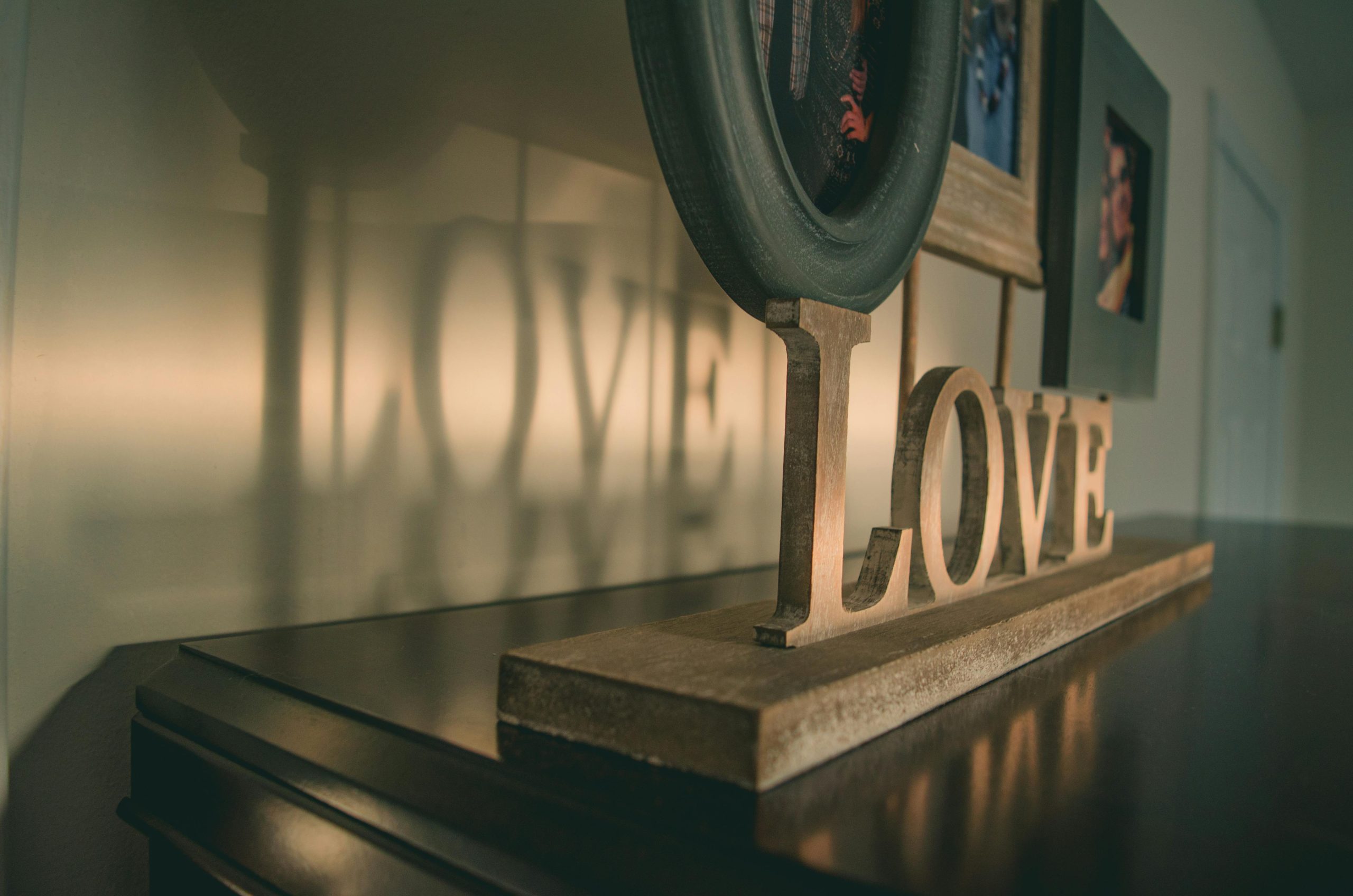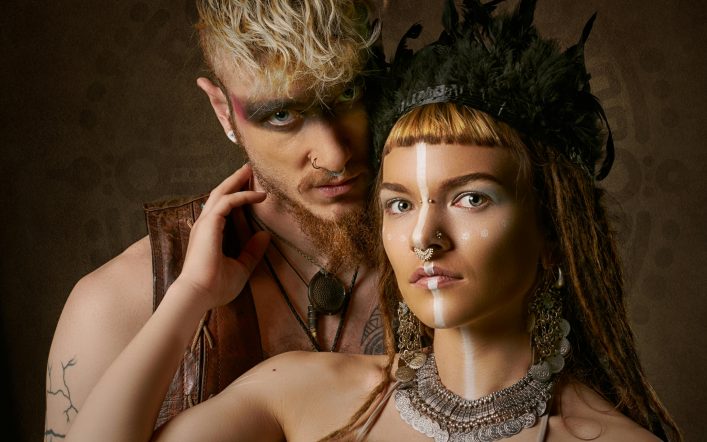The Fear of Getting Hurt: Why We Sabotage Our Own Relationships Before They Have a Chance to Thrive

Ever find yourself pulling away from someone just when things start to get serious? Or maybe you’ve caught yourself pushing a partner away, even when they seem like the one? It’s a familiar pattern for many people: just when it looks like a relationship could be amazing, we end up sabotaging it before it has a chance to grow. Why do we do this? The answer often lies in one thing: fear. Fear of getting hurt, of being vulnerable, and of opening up to someone else can be so overwhelming that we end up sabotaging our own happiness.
The Fear of Vulnerability
At the heart of self-sabotage in relationships is the fear of vulnerability. Opening yourself up to someone means exposing your deepest emotions, and for many, that’s terrifying. The idea of being hurt—whether through rejection, betrayal, or emotional pain—can be so overwhelming that it leads to avoidance. So, instead of fully embracing the possibility of love, we put up walls and sabotage the very thing we desire most.
It’s like walking up to the edge of a cliff, feeling the rush of excitement and the thrill of something new, but at the last second, pulling away because you’re afraid to fall. It’s not that we don’t want love; we’re just afraid of what it might cost us.
The Cycle of Self-Doubt
People who fear getting hurt often struggle with self-doubt. They question their worthiness of love, fearing that no one could ever truly love or accept them. This self-doubt can create a vicious cycle: the more we fear being hurt, the more we withdraw emotionally, and the more distant we become, the more our partners pull away, confirming our worst fears.
In this cycle, we start to believe that sabotaging the relationship is a form of self-protection. By pushing someone away first, we think we’re controlling the situation, keeping ourselves safe from potential heartbreak. But in reality, we’re just ensuring that we never experience the full potential of love and connection.
Why Do We Do It?
The reasons behind this fear-based behavior are complex. Often, past experiences of rejection, betrayal, or emotional pain shape our current fears. If you’ve been hurt before, it can be incredibly difficult to trust that it won’t happen again. These past wounds can cloud our judgment, making it harder to recognize healthy, loving relationships when they come along.
Additionally, societal pressure to “find the one” and the expectation that love should be easy and perfect can heighten our fear of not measuring up. We’re led to believe that love should be flawless, and if we aren’t feeling a constant rush of happiness, something must be wrong. This unrealistic view can drive us to sabotage a relationship before we have the chance to see it grow into something meaningful.
How to Break the Cycle
So, how do we stop sabotaging our own relationships? The first step is acknowledging the fear and understanding its roots. By recognizing that our fear of getting hurt is based on past experiences and not on the present situation, we can start to let go of old patterns.
Next, practice vulnerability. Opening up to a partner, even in small ways, can be incredibly healing. Vulnerability is not a weakness; it’s the key to deep connection. Trust that love, when given the chance to grow, can be a safe and rewarding experience. It’s about finding the courage to take risks, knowing that sometimes the greatest rewards come from stepping outside of our comfort zones.
Conclusion
The fear of getting hurt is real, but it doesn’t have to define your relationships. By confronting our fears head-on, letting go of past wounds, and embracing vulnerability, we can break the cycle of self-sabotage. True love doesn’t come without risks, but the rewards of opening up to someone who truly cares far outweigh the fear of getting hurt. Love is a journey—one worth taking, even with the possibility of pain along the way. After all, without the courage to love fully, we may never experience the joy of a relationship that truly thrives.




